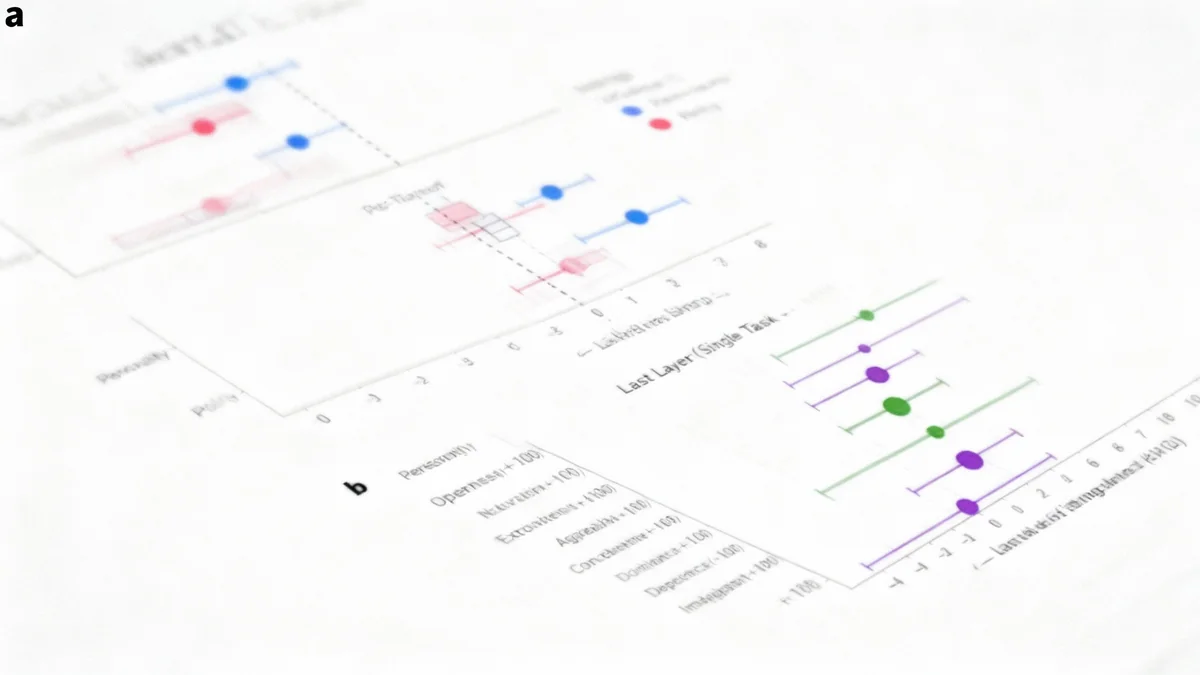Stanford University has officially launched its Institute for Human-Centered Artificial Intelligence (HAI), a major interdisciplinary initiative aimed at shaping the future of AI. The institute will focus on research, education, and policy to ensure artificial intelligence is developed and applied in ways that benefit humanity.
With a significant commitment from donors, HAI brings together experts from across the university, including fields like computer science, humanities, law, medicine, and business. The goal is to address the complex technical and societal challenges presented by rapid advancements in AI technology.
Key Takeaways
- Stanford University has launched the Institute for Human-Centered Artificial Intelligence (HAI).
- The institute will operate as an interdisciplinary hub, combining technical AI research with studies in ethics, policy, and social impact.
- HAI's mission is to guide AI's development to be beneficial for people and society.
- The initiative is led by prominent figures in the AI community, including Dr. Fei-Fei Li and Dr. John Etchemendy.
A New Approach to Artificial Intelligence
The establishment of the Stanford Institute for Human-Centered Artificial Intelligence marks a significant shift in how major research institutions are approaching the field. Rather than focusing solely on technical capabilities, HAI places human interests and societal impact at the core of its mission.
This approach recognizes that AI is more than just a set of algorithms; it is a technology with profound implications for every aspect of modern life. The institute aims to move beyond the traditional confines of a computer science department by fostering deep collaboration across various academic disciplines.
Interdisciplinary Collaboration is Key
According to the university's announcement, a central pillar of HAI is its commitment to interdisciplinary work. The institute will host researchers and students from all seven of Stanford's schools. This structure is designed to ensure that technical experts work alongside ethicists, political scientists, legal scholars, and artists.
This collaborative model is intended to produce AI systems that are not only powerful but also fair, accountable, and transparent. By integrating diverse perspectives early in the development process, HAI hopes to prevent unintended negative consequences and promote technology that serves the public good.
Background on AI Research
Artificial intelligence research has traditionally been dominated by computer science and engineering disciplines, with a primary focus on improving algorithmic performance, processing speed, and data analysis. However, as AI systems become more integrated into society—affecting everything from hiring decisions to medical diagnoses—there is a growing consensus that a broader approach is necessary to address ethical and social concerns.
Leadership and Vision for HAI
The institute is co-directed by two distinguished figures in their respective fields: Dr. Fei-Fei Li, a leading computer scientist known for her work in computer vision and AI, and Dr. John Etchemendy, a philosopher and former provost of Stanford University. Their combined leadership symbolizes the institute's mission to bridge the gap between technology and the humanities.
"AI is no longer just a technical field. It has a deep and profound impact on our society, our economy, and our humanity," Dr. Fei-Fei Li stated during the launch event. "Stanford HAI will be a global hub for researchers, students, and leaders to come together to shape a better future for all."
Dr. Etchemendy emphasized the institute's educational and policy-oriented goals. He noted that a key function of HAI will be to educate the next generation of leaders, policymakers, and citizens to be well-versed in the principles and implications of AI.
Core Focus Areas and Research Goals
HAI has outlined several key areas of focus that will guide its research and activities. These pillars are designed to address the most pressing challenges and opportunities in the field of artificial intelligence.
Key Research Pillars of HAI
- Intelligence Research: Advancing the fundamental understanding of intelligence, both human and artificial.
- Human Impact: Studying the societal, ethical, and economic impacts of AI on human life.
- Education and Outreach: Developing educational programs for students and engaging with policymakers and the public to foster a broader understanding of AI.
Research projects under the HAI umbrella will explore a wide range of topics. These include developing robust and fair AI algorithms, understanding how AI influences human psychology, and creating new legal and policy frameworks to govern autonomous systems.
Fostering the Next Generation of AI Leaders
A significant portion of HAI's resources will be dedicated to education. The institute plans to offer new courses, fellowships for graduate students, and research opportunities for undergraduates. The curriculum will be designed to equip students with both technical skills and a deep understanding of the ethical responsibilities that come with creating powerful technologies.
The goal is to cultivate a new generation of AI practitioners who prioritize human values in their work. This includes training engineers who can think critically about the social impact of their code and policymakers who can make informed decisions about AI regulation.
Global Collaboration and Policy Engagement
The leaders of HAI have made it clear that the institute will not operate in isolation. A key part of its strategy involves building partnerships with other academic institutions, industry leaders, governments, and civil society organizations around the world.
This global engagement is seen as essential for developing effective AI policies and standards. The institute plans to host conferences, workshops, and policy summits to bring together diverse stakeholders for constructive dialogue.
According to Stanford's announcement, HAI will also actively engage with lawmakers and regulatory bodies. The aim is to provide evidence-based guidance to help shape legislation that encourages responsible innovation while protecting the public from potential harms.
By serving as a neutral and trusted source of expertise, Stanford HAI hopes to play a crucial role in the global conversation about the future of artificial intelligence. The institute's launch represents a major investment in the idea that the path of AI development must be guided not just by what is technically possible, but by what is humanly beneficial.





